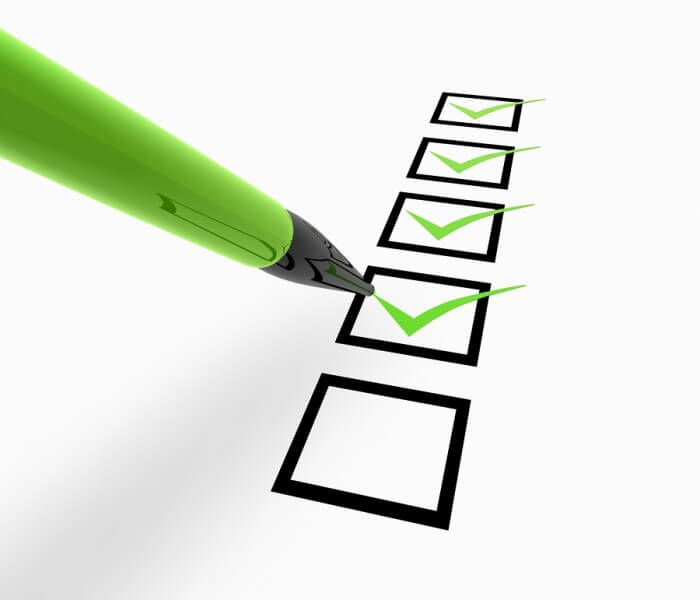 Valium, or diazepam, belongs to a class of sedative drugs called benzodiazepines. Valium and other benzodiazepines are widely used in the United States; in fact, they’re among the most frequently prescribed drugs in the country, according to the American Academy of Family Physicians. Valium can be highly effective at reducing anxiety, preventing panic attacks, lowering the risk of seizures or relieving muscle spasms. But when this drug is taken recreationally or used inappropriately, Valium can be habit-forming.
Valium, or diazepam, belongs to a class of sedative drugs called benzodiazepines. Valium and other benzodiazepines are widely used in the United States; in fact, they’re among the most frequently prescribed drugs in the country, according to the American Academy of Family Physicians. Valium can be highly effective at reducing anxiety, preventing panic attacks, lowering the risk of seizures or relieving muscle spasms. But when this drug is taken recreationally or used inappropriately, Valium can be habit-forming.
Valium addiction, which is characterized by a compulsive need to keep abusing the drug, requires intensive professional treatment by experienced rehab experts. To avoid overdose or addiction, never take more than the recommended dose or combine Valium with other central nervous system depressants, like alcohol or opioid pain relievers.
Who Is at Risk of Valium Addiction?
Not everyone who takes Valium will become addicted to the drug. Johns Hopkins Medicine notes that you may have a greater risk of becoming dependent or addicted if you meet one or more of the following criteria:
- You use Valium longer than the recommended time (more than four weeks).
- You suffer from depression or obsessive-compulsive disorder as well as anxiety.
- You have a history of drug or alcohol abuse.
- You are an older adult.
Abusing Valium by taking the drug without a prescription or taking more than the recommended dose heightens the risk that you’ll become addicted. Taking the drug in unsafe ways to intensify its effects — such as snorting crushed pills instead of taking them orally — will also increase the danger of addiction.
Addiction Warning Signs
Valium dependence may develop in anyone who uses the medication for a certain period of time. Physical or psychological dependence means that you can’t function in a normal way without the drug. Dependence may turn into addiction when your reliance on Valium drives you to seek and use the drug compulsively. Even if you know that your Valium use is affecting your health, undermining your relationships and hurting you legally or financially, addiction will push you to continue using. If you or a loved one has experienced any of the following signs or symptoms of addiction, seek help from an addiction professional immediately:
- Intense cravings for Valium when you aren’t actively using it
- Withdrawal symptoms (muscle pain, irritability, loss of appetite, agitation) when you stop the drug or lower the dose
- Increasing tolerance to the effects of Valium and the need for higher doses to produce those effects
- Lying to your doctor in order to get early refills
- Going to more than one doctor or specialist to get additional prescriptions
- Feelings of anger or defensiveness when your loved ones express concern about your Valium use
People who are addicted to Valium will go to great lengths to get the drug, including forging prescriptions, exaggerating their symptoms or stealing money in order to buy the drug illegally. Addiction can cause even the most ethical person to lie, sell drugs or steal in order to continue using his or her drug of choice.
Recovering From Valium Addiction
To ensure a safe, effective recovery from Valium, look for a drug rehab program that’s dedicated to treating benzodiazepine addiction. Withdrawal from benzodiazepines isn’t necessarily life-threatening, but users may experience symptoms like agitation, confusion, sleep disturbances, cramps and restlessness when they stop using the drug. Quitting too abruptly may cause seizures in some users. At a professional rehab center, you’ll be medically monitored for withdrawal symptoms as you’re gradually weaned off Valium.
As part of a Valium addiction recovery plan, you’ll receive individual counseling, family therapy and access to self-help support groups. You may also receive treatment for co-occurring anxiety disorders or depression. If your Valium use has taken over your life, contact the admissions counselors here at Axis to find out how you can start healing today.


